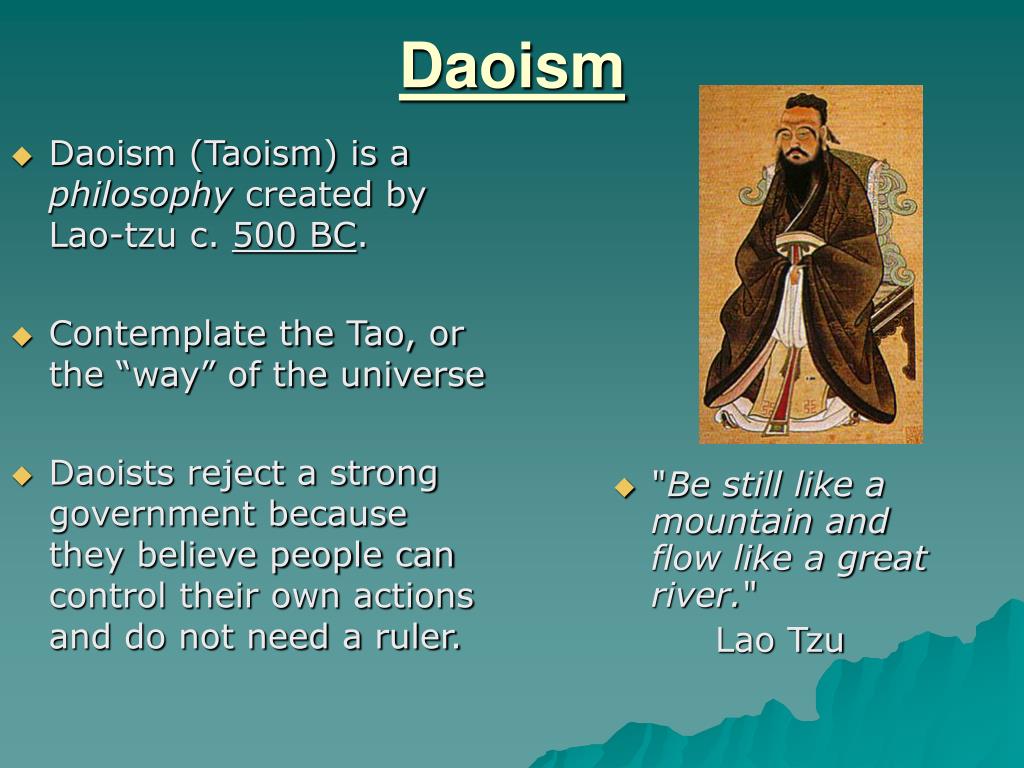Why study philosophy? A first answer would be: because we want to learn to think rigorously, which is a thinking that goes to the foundations of things. It is not merely about acquiring information for a specific field of application in a particular segment of society (‘education’). Philosophy starts by questioning what the other sciences presuppose, the assumptions of all activity, cognition, and knowledge as a whole. One can put it in loftier terms thus: philosophy is the thinking of thinking and the unity of thinking and being. It does this methodically. But what exactly is the point of it?
Instead of the purpose of this activity lying in an overarching goal, doing philosophy is itself already the presence of the highest goal: that reason enlighten itself more profoundly and grasp itself in its actuality. The goal of philosophy is not to entrench oneself in an ivory tower, it is to ‘grasp our own time in thought’ (G.W.F. Hegel), i.e. to arrive in thought at ourselves and our actuality without ideological shortcuts and illusions.
We seek to comprehend what constitutes a human relation to ourselves and to the world, one that is determined by reason in the pursuit of knowledge and in action. We seek to comprehend what nature is and how reason presents itself in nature. Ultimately, we want to cognise reason in and for itself and to comprehend the logical forms and principles. In this, it turns out that everything is related to everything else. The pathway upwards to the principles, to the universal, is simultaneously the path downward to the individuals, into actuality. Because everything is related to everything else and everything is mediated by everything else, philosophy as it seeks to reveal all this is a system. This is why one cannot isolate individual ‘disciplines’ of philosophy and say e.g., I am an ethicist and epistemology is not my concern. Because philosophy is a system as in an organism, the ‘whole’ is present in every part, present in each ‘discipline’ under a specific aspect. Do you have a definite concept of action? Then you also have, implicitly at least, a definite concept of science.
So how does one learn this rigorous, systematic thinking? Clearly, central to the study of philosophy is gathering as broad a range as possible of (historical) knowledge of terminology, concepts, arguments and intellectual positions. It is possible, of course, to have acquired an encyclopaedic knowledge and to be able to say precisely which argument stands in which paragraph and which page in a philosopher’s work, to be able to recite the ten categories of Aristotle or the twelve categories of Kant, and yet this is still not doing philosophy.
What is lacking?
To do philosophy requires right from the outset that information is not simply obtained externally and then reproduced. Vital to the whole …
Read the full article which is published on Daily Philosophy (external link)






